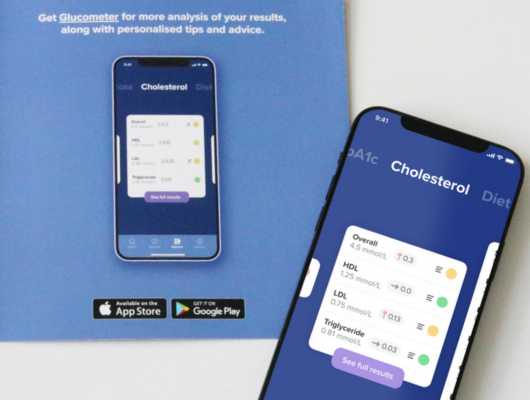Healthcare technology innovation- how to achieve a balanced approach to development
Tuesday 6th February 2024
Paul Greenhalgh, User Experience and Innovation Director
Developing successful solutions to complex healthcare challenges requires a balanced focus on desirability, feasibility, viability and compliance. We must ensure we understand the needs of the people who depend on the products we develop, in order to deliver a positive user experience. The solutions we create need to be technically robust, reliable, repeatable and sustainable, applying technology in a creative and practical way.
We also need to ensure we understand the commercial landscape and meet the needs of payers to increase the chance of adoption, while working within the rigorous regulatory framework; documenting our decisions and providing evidence that the solutions we develop are safe and effective.
In this talk, we will share Team’s approach to ensuring this balance is achieved on projects from the early stages of innovation and throughout the new product development process.
Sign up









